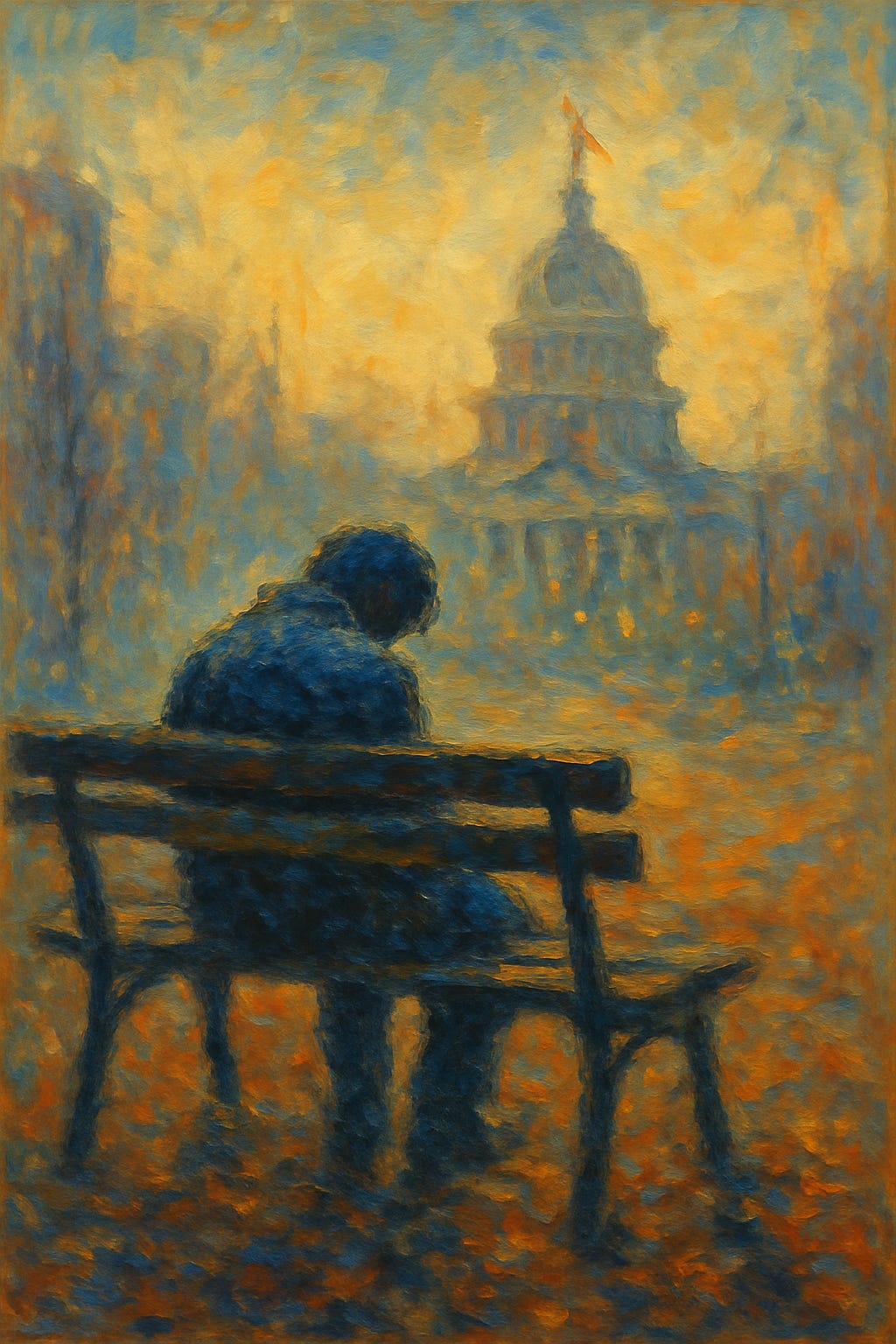The Danger of Conspiracy Thinking Isn’t Just That It’s Wrong — Powerlessness and Scapegoating
One of the most dangerous effects of conspiracy thinking isn’t just that it’s false.
It’s that it misdiagnoses evil, excuses the real culprits, breeds helplessness, and all too often leads to scapegoating the weak.
The appeal is obvious: it gives evil a clear face. A secretive, omnipotent cabal orchestrates the masses, engineering crises with surgical precision. Society becomes a puppet show, with the people reduced to pawns.
It’s tidy. Comforting, even. But it’s wrong.
In reality, most societal-level evil—whether totalitarianism, mass hysteria, or genocidal campaigns—is not master-planned from the top down. It is emergent. It arises from the swirling interactions of well-meaning individuals caught in self-reinforcing loops of fear, careerism, social pressure, and ideology. No one needs to “plan” it for it to happen. It unfolds like a runaway algorithm.
And yet, this does not mean no one is culpable.
Some individuals and groups bear disproportionate responsibility. Those in power. Those with a platform. Public intellectuals, journalists, experts, bureaucrats, and politicians—people whose voices shaped the narrative, who set norms, and who rationalized harm when others hesitated.
Their sin is not that they conspired—but that they enabled.
Conspiracy thinking obscures this. By blaming imaginary puppet masters, it absolves those who actively participated in the real machinery of harm. It reduces the guilty to mere victims of a deeper scheme.
And then it does something worse:
It convinces people they are powerless.
What chance do we have, it whispers, against a force so powerful it can steer the entire world at will?
The result isn’t resistance—it’s paralysis. Or, just as often, misdirected rage.
Because while some conspiracy theorists do fight back, they rarely take on the complex emergent systems that actually produce evil. Those are hard to see, harder to name, and hardest of all to dismantle.
So instead, they lash out at the weak.
The vulnerable.
Those least likely to defend themselves.
Like the Jews.
History repeats this pattern with brutal consistency.
Movements that claim to battle shadowy elites often end up scapegoating minorities. Not because the theory points there, but because that’s where misplaced rage always flows when real causes are obscured.
If you want to fight evil—really fight it—you have to understand it. You have to resist the temptation of neat narratives and start tracing the messy, decentralized networks through which harm actually spreads.
Because the truth is far scarier than a cabal.
The truth is: it’s us.
It’s our silence. Our conformity. Our fear. Our need to believe we’re the good guys, even when we’re part of something terrible.
Until we face that, we’ll keep falling for the same comforting lies.
And in the name of fighting evil, we’ll keep helping it grow.


